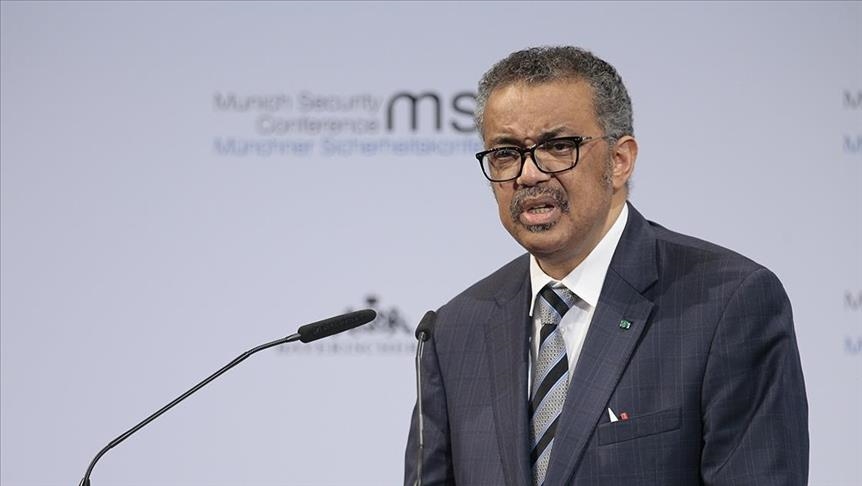The World Health Organization and its partners called for action to boost vaccination against diseases such as measles and polio globally after the COVID-19 pandemic severely disrupted access to what had become routine shots.
“If we’re to avoid multiple outbreaks of life-threatening diseases like measles, yellow fever, and diphtheria, we must ensure routine vaccination services are protected in every country in the world,” WHO Director-General Tedros Ghebreyesus said at a twice-weekly webinar on COVID-19.
“Vaccines will help us end the COVID-19 pandemic but only if we ensure fair access for all countries and build strong systems to deliver them.”
The WHO chief noted that globally, the pandemic continues to intensify.
The number of COVID-19 cases has now increased for the ninth successive week, and deaths have risen for the sixth straight week.
“To put it in perspective, there were almost as many cases globally last week as in the first five months of the pandemic,” said Tedros.
India ‘beyond heartbreaking’
While there are slight declines in infections and fatalities in several regions, many countries are still experiencing intense transmission, “and the situation in India is beyond heartbreaking.”
Tedros said the WHO is doing everything it can, providing critical equipment and supplies, including thousands of oxygen concentrators, prefabricated mobile field hospitals, and laboratory supplies.
He also said Monday marked the start of World Immunization Week, at a time when attention focused on vaccines as never before.
“Thanks to vaccines, smallpox is now in the history books, polio has been pushed to the brink of eradication, and once-feared diseases like diphtheria, tetanus, and meningitis are now easily prevented,” said Tedros.
Yet, while immunization services have started to recover from disruptions caused by COVID-19, millions of children remain vulnerable to deadly diseases, the WHO, the UN children’s agency UNICEF, and the Vaccine Alliance Gavi warned.
They said World Immunization Week shows how vaccinations help improve the health of everyone, everywhere.
“Vaccines are one of the most powerful and transformative inventions in history,” said Tedros.
“And new vaccines continue to push back the frontiers of disease. In the past 15 years, new vaccines have been approved to prevent cervical cancer, malaria, and Ebola.”
Henrietta Fore, the UNICEF executive director, said COVID-19 has made a bad situation worse, causing millions of more children to go unimmunized.
“Even before the pandemic, there were worrying signs that we were beginning to lose ground in the fight against preventable child illness, with 20 million children already missing out on critical vaccinations,” she said.
“Now that vaccines are at the forefront of everyone’s minds, we must sustain this energy to help every child catch up on their measles, polio, and other vaccines. We have no time to waste. Lost ground means lost lives.”
@WHO





